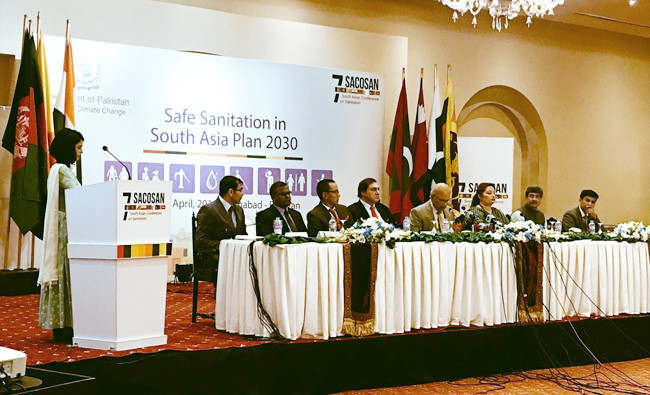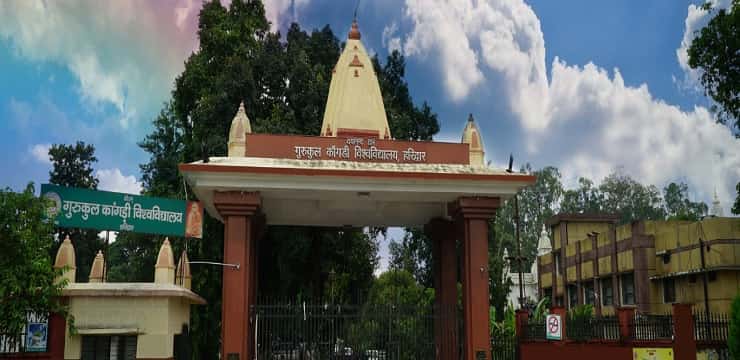(Impressions during visit as part of the 6 week Eisenhower Fellowship in the U.S. in 2012)
DC is the ‘government city’. The seat of Federal Government, it is unique in being not a part of any State. The wide roads that run diagonally are called ‘Avenues’; and they are named after the different States (except Ohio and California). Besides the Government ‘industry’, the city has wonderful museums, hospitals, universities. The ‘early 6.30 am rush’ of Philadelphia is not seen here. The Capitol divides the city into 4 parts- NE, NW, SE and SW. A tour on the hop-on-hop-off bus gave us a good ‘feel’ of the city- the Lincoln Memorial, where Martin Luther King Jr. delivered the inspirational ‘I have a dream’ speech; the Convention Centre, where all conventions are held except the political ones; the Post Office with the research wing and the museum; the 6 statues atop the Union Station building representing the 6 Gods; and the wide variety of trees (no other city in the world equals this variety!). The Metro is a convenient way of travel. The one back in Delhi (may be, because it’s newer) is better!
The Presidential elections are on; and it is interesting to watch the ‘fanfare’ around this. There is an admission that like other democratic countries, there is ‘something intrinsically superficial about elections’. Thus a conscious avoidance in ‘debate’ over issues such as ‘inequality of incomes’ and ‘economic costs of wars’. The personalities of leaders make a big dent here ‘too’ in determining the choice of a voter. The fate of being in a non-swing State (nearly 80%) may take away the zing in voting altogether.
The discussion with Arthur L. Guzzetti, Vice President, Policy, American Public Transport Association reinforced these issues- promote policies that discourage individual driving and promote public transport; limit roads/highways (they’re not going to solve the problem enough!); have better administrative structures to focus on urban transportation- preferably at the regional level (though the challenges of representation and acceptable pricing go with that!); address equity issues- should mobility be priced, the congestion pricing etc.; and promotion of capacity building and professionalization.
Dr. Anand Parekh (with whom I had an appointment) is Assistant Secretary of Health in the Federal Government. Both Arthur L. Guzzetti and Dr. Anand Parekh have worked inside and outside the Government, a flexibility not available to us back in India. The meeting with Dr. Anand Parekh revolved around the ‘best health policy practices’. Although the U.S. health system is way different from India, it was interesting to obtain his insights into how they are addressing their problems- the inclusion through the Affordable Care Act (Obama Care); the strategies to deal with the non-communicable diseases (which stare us in face, back home too). ‘Team based care generates best results’; ‘no drug re-importation’; and attempts to have policies promoting ‘pay for performance’ rather than ‘pay for service’ have lessons.
Finally, the meeting with T. Scott Bunton, Executive Vice President, Center on Budget and Policy Priorities (he has worked in Government too!) clarified the role of think-tanks (you need resources to have them!). We have witnessed the role such ‘independent’ think tanks have in influencing policy in South Korea as well. And there is a merit in having them back home too! The discussion also touched policy prescriptions during this worst recession since the Great Depression and parameters for good policies for the low income people.
The people I met confided that they preferred being in government because the public policy challenge is greater than the profit motive and also because the impact is much higher.


